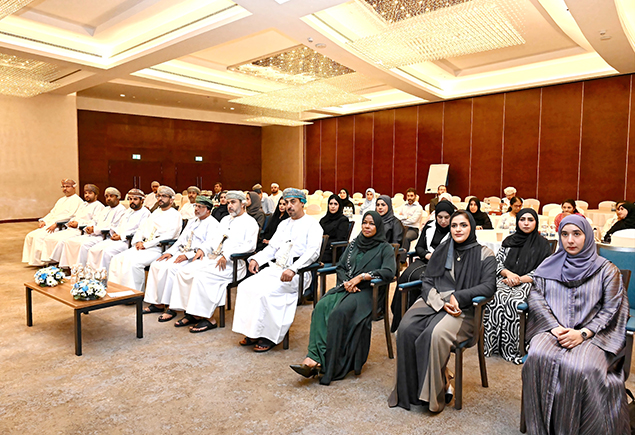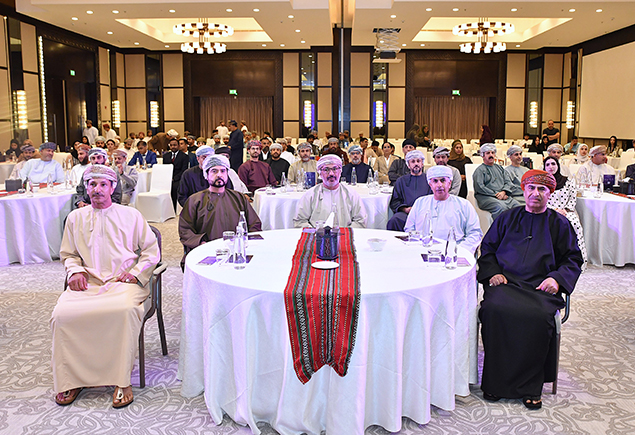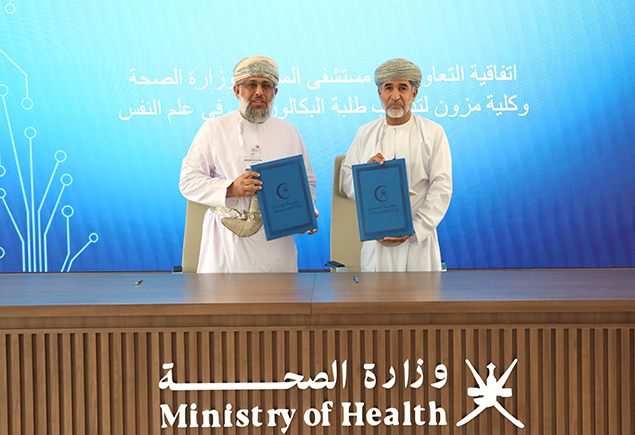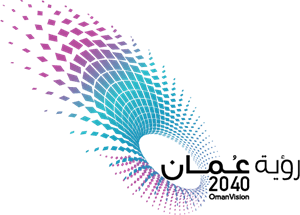Al Nahdha Hospital, represented by Department of Neuro-Ophthalmology, organized today (Thursday) 1st National Neuro-Ophthalmology Conference at Intercity Hotel, Muscat.
The opening ceremony was held under the patronage of H.E. Dr. Saeed bin Harib Al-Lamki, Ministry of Health’s Undersecretary for Health Affairs, in the presence of Dr. Abdullah Al-Salti, Assistant Director General for Medical Affairs at Khoula Hospital, Dr. Al-Yaqdhan Al-Ghafri, Director of Al Nahdha Hospital, along with a number of officials and medical professionals from both Hospitals.
The conference brought together a distinguished group of consultant physicians and specialists in ophthalmology and neurology from healthcare institutions in Oman and abroad.
The one-day event aimed to exchange scientific expertise and discuss the latest developments in the diagnosis and treatment of eye diseases related to the nervous system. It also sought to highlight the importance of early diagnosis and integrated therapeutic approaches between the fields of ophthalmology and neurology.
The conference program featured a series of scientific lectures and specialized workshops that explored the latest research and medical technologies in the field, in addition to showcasing successful local experiences in managing cases involving optic nerve diseases and eye movement disorders.
In her speech, Dr. Nasreen Al-Baloushiya, Senior Ophthalmology Specialist at Al Nahdha Hospital, emphasized that organizing this event reflects the hospital’s commitment to advancing specialized medical services, promoting scientific research, and enhancing continuous training for national medical professionals.
Dr. Al-Baloushiya described neuro-ophthalmology as more than just a medical specialty; “it is a journey into exploring one of the most complex neurological systems, where neurons intertwine and exchange signals, transforming images into perception and meaning.” She pointed out that this field goes beyond diagnosing visual impairment, as it seeks to uncover the hidden causes behind double vision, sudden vision loss, or eye movement disorders, as well as neurological symptoms that may first appear in the eye before being detected in the brain.
She further noted that neuro-ophthalmologists carry a great responsibility, not only in diagnosis and treatment but also in raising awareness and ensuring close collaboration among specialists in neurology, ophthalmology, and internal medicine. “Such scientific gatherings,” she concluded, “are not merely academic events, but platforms for sharing experiences, discussing complex cases, and reviewing the latest advances in neuroimaging, functional testing, and emerging therapies.”







